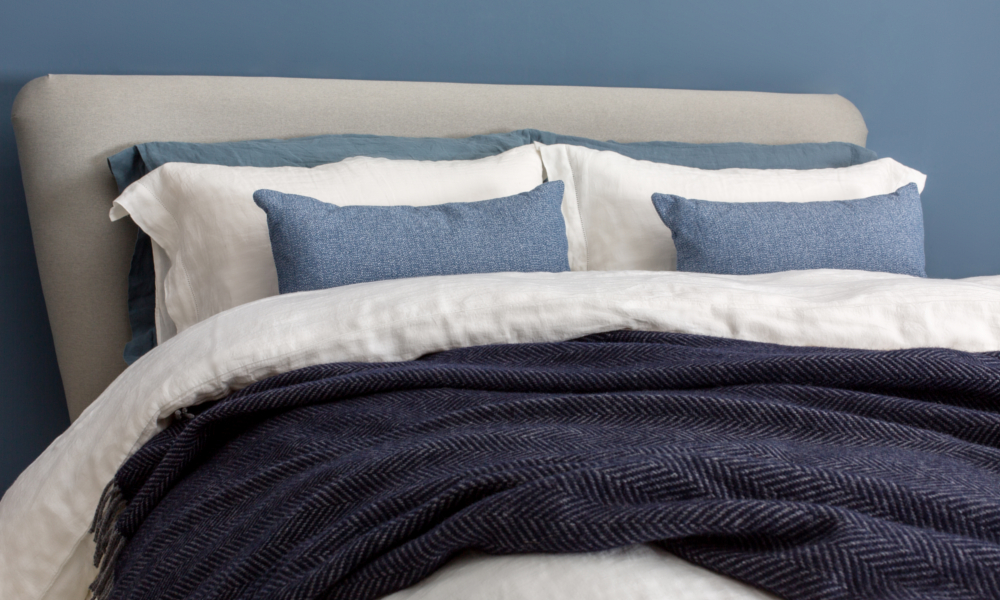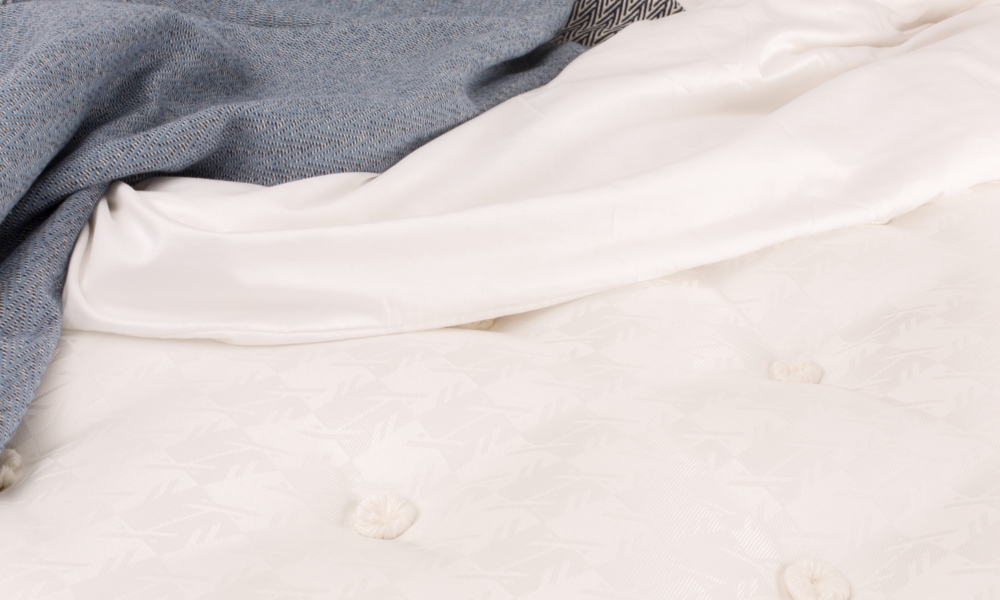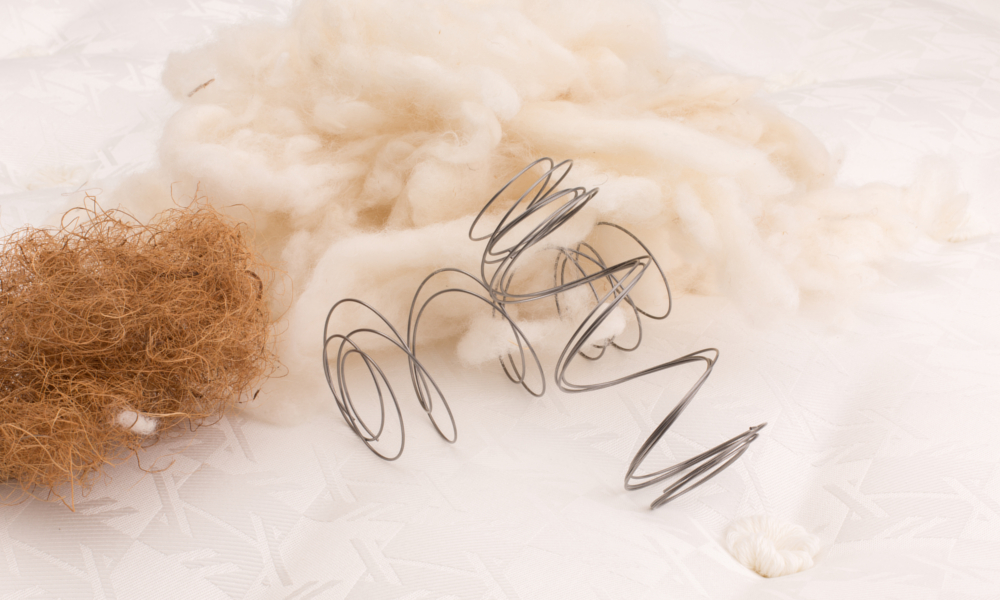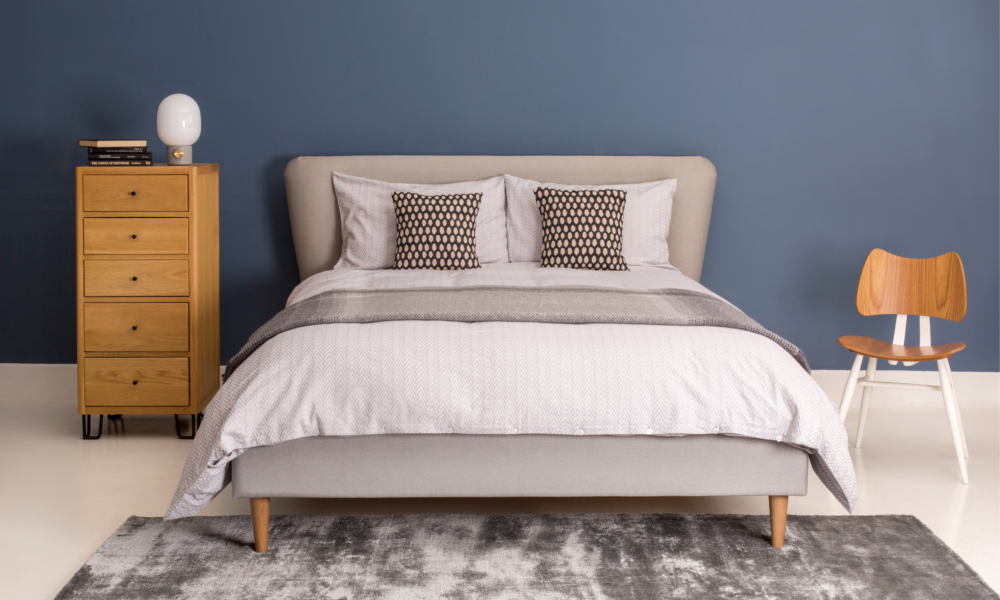Ever wondered why we need sleep or are you simply tired of restless nights? Let our guide to getting the perfect night’s rest demystify the science of sleep and help you create your very own sanctuary.
We’re all familiar with the old saying ‘there aren’t enough hours in the day’ yet many of us are guilty of not giving our minds the rest it deserves whether that be through lifestyle choice or how much we invest when purchasing Bedroom furniture.
So how does sleep improve our day to day lives and what things can you do to make sure you get are getting enough?
The benefits of sleep
While people are happy to shell out thousands of pounds on fad diets, skincare products and their morning coffees, many of us neglect the one thing that is proven to make you happier, healthier, more intelligent, more attractive and add years to your life – sleep!
Sleep is something of a biological enigma. We know we need it but we can’t pinpoint exactly why. Researchers believe that the primary function of sleep is to allow our brains to recover from the stresses of the previous day, however, we also need it to maintain our organs and immune system.
Other ways in which sleep improves our overall well-being:
Sleep is important for retaining information – those with good memory recall are more likely to have had a proper night’s sleep
You learn during the night – get a good night’s sleep and you’ll be up to 17% better at a task the next day
The sleepier you are the more you crave sugary and fatty foods – if you only get half your required sleep you will eat up to 1000 calories more because you are tired (that’s roughly three donuts)
Not only are you less motivated to exercise but if you do so when sleepy you are 35% more likely to suffer a sports related injury
How much sleep do you need?
Sleep is crucial to children’s development and just half an hour less than a child’s required sleep amount can have a negative impact on both mental and physical health.
Typically a new born child requires 16-20 hours a night where as a ten year old will need approximately ten hours of sleep. It is also recommended that until a child is six they should have at least one long nap during the day.
Teenagers generally need to sleep longer than adults, approximately between nine and nine and half hours, as they are going through puberty.
Once you get to your early twenties, however, your sleep need (the amount of time sleeping) becomes fixed for life. This is different for everyone and can range anywhere between three to eleven hours a night.
The simple test to find out how much sleep you need is whether you feel happy and alert or sleepy and miserable. Try recording how long you sleep each night to get a measure of your mood and it will soon become apparent whether you are a six or eight hour sleeper.
What to look for when buying a luxury mattress
We spend up to one-third of our lives in bed, so investing in a quality made mattress isn’t so much a luxury as a necessity. Everyone’s idea of comfort is different – which is why we recommend laying on a mattress before committing to a purchase so that you can genuinely get a feel for it – however there are a few basic things to look out for.
Does the mattress allow you to easily move? We naturally move between 40 to 60 times a night not only to relieve pressure on certain parts of the body but also to maintain body temperature by moving to the cooler side of the bed.
Does it provide comfort and support in every position? The position you fall asleep or wake up in is not the same as the position your sleep throughout the night.
What is it made from? Natural fibres provide breathability, keep you cool and wick away moisture whereas synthetics materials will lead to overheating during the night.
Are you getting the correct support? Your spine needs to be straight when laying on your side while on your back the natural curve of the spine needs to be preserved – a good test is whether you can fit your hand underneath the small of your back.
Have you tried it with a pillow? No sleep specialist worth their salt will try to sell you a mattress without providing a pillow to test it. We even recommend buying your pillows at the same time as the mattress so that you can find the perfect match.
Creating the ideal environment
It’s not just the furniture that can affect your sleep, but the type of environment you create within your bedroom. Here are a few simple tips for making the space more conducive to rest:
Lights out: the bedroom should ideally be pitch black but failing that as dark as possible. Thick curtains or dark blinds are an effective way of blocking out light.
Keep the noise down: the World Health Organisation claims that anything above 35 decibels will disrupt sleep, so it’s important that the bedroom is the quietest space in the home.
Remove technology: in an ever more connected world it’s becoming harder and harder for us to switch off. The bedroom should be designed solely for sleep, so turning off your phone before bed and removing the television will help avoid any such distractions.
Don’t overheat: our bodies need to drop half a degree in temperature during the night, so the bedroom needs to be cool (between 16 and 18 degrees) while the bed itself needs to be warm. Provided you are sleeping under a Tog 15 duvet, you will rarely need to run your heating overnight in the UK as the temperature is not low enough.
—
Now that you know what to look for, you can start designing your own soothing sleep space. Remember, when it comes to getting 40 winks it’s not worth sparing on quality something you’ll always find in abundance within Heal’s Bedroom collection.




